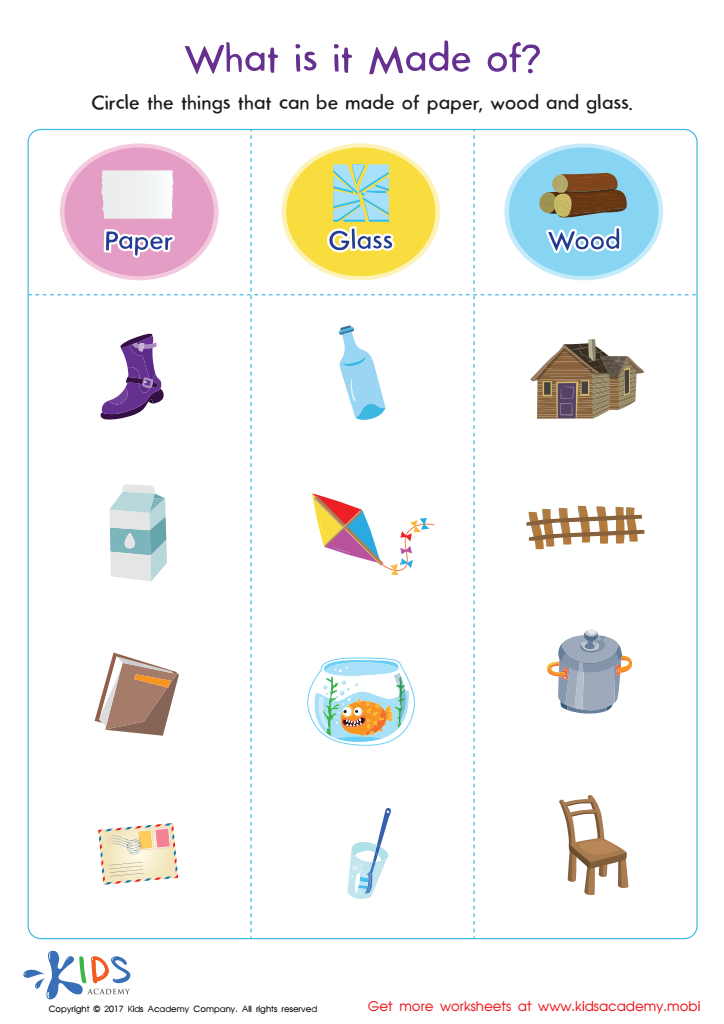Logical Reasoning Normal Worksheets for Ages 3-8
34 filtered results
-
From - To
Our Logical Reasoning Normal Worksheets for Ages 3-8 are meticulously crafted to foster critical thinking and problem-solving skills in young learners. Perfect for early childhood education, these worksheets introduce fun and engaging activities that nurture logical reasoning abilities. Each sheet features age-appropriate exercises, including pattern recognition, sequencing, and basic logic puzzles, ensuring children develop a solid foundation for future academic success. Accessible and easy to use, these printable resources make learning enjoyable and effective, giving kids the tools they need to think clearly and analytically from an early age. Start building essential cognitive skills today!
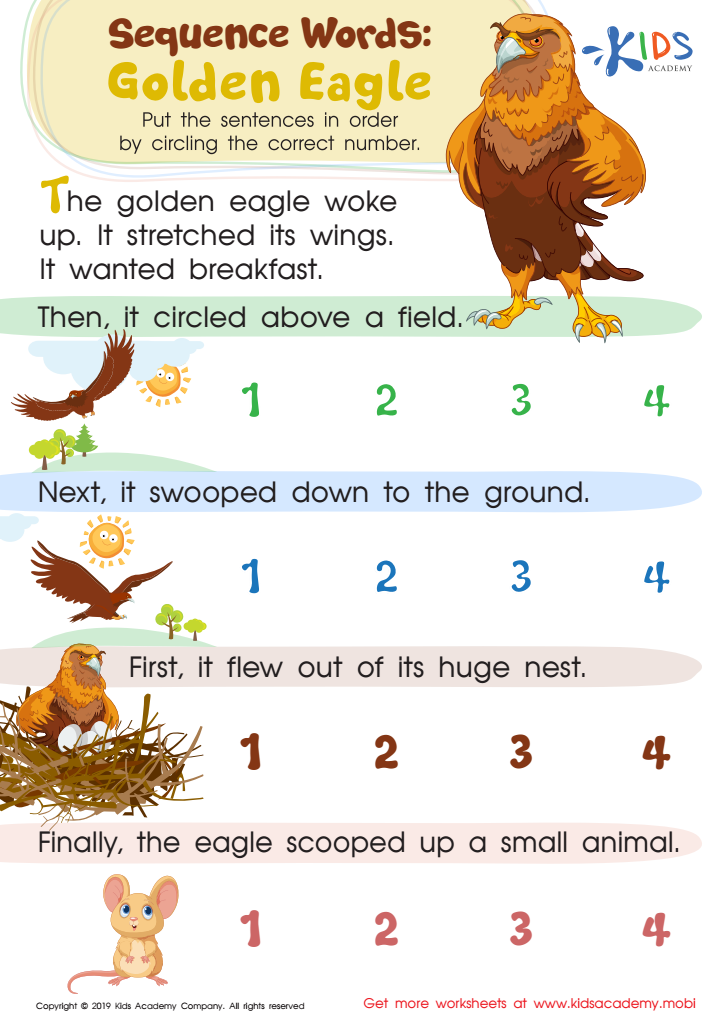

Sequence Word Eagle Worksheet
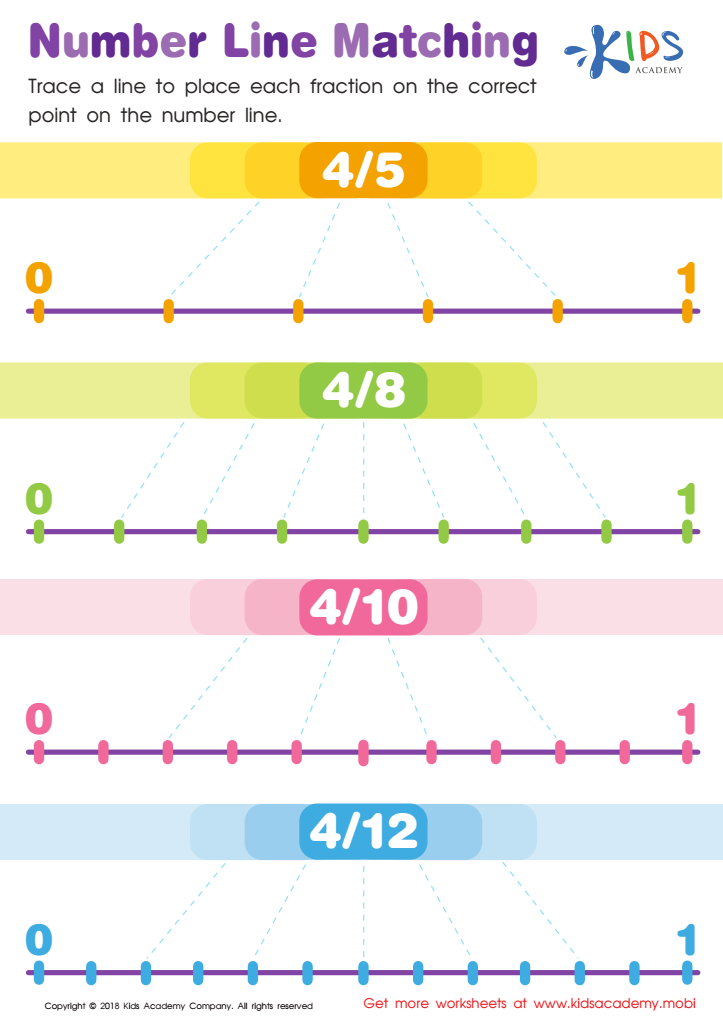

Number Line Matching Worksheet
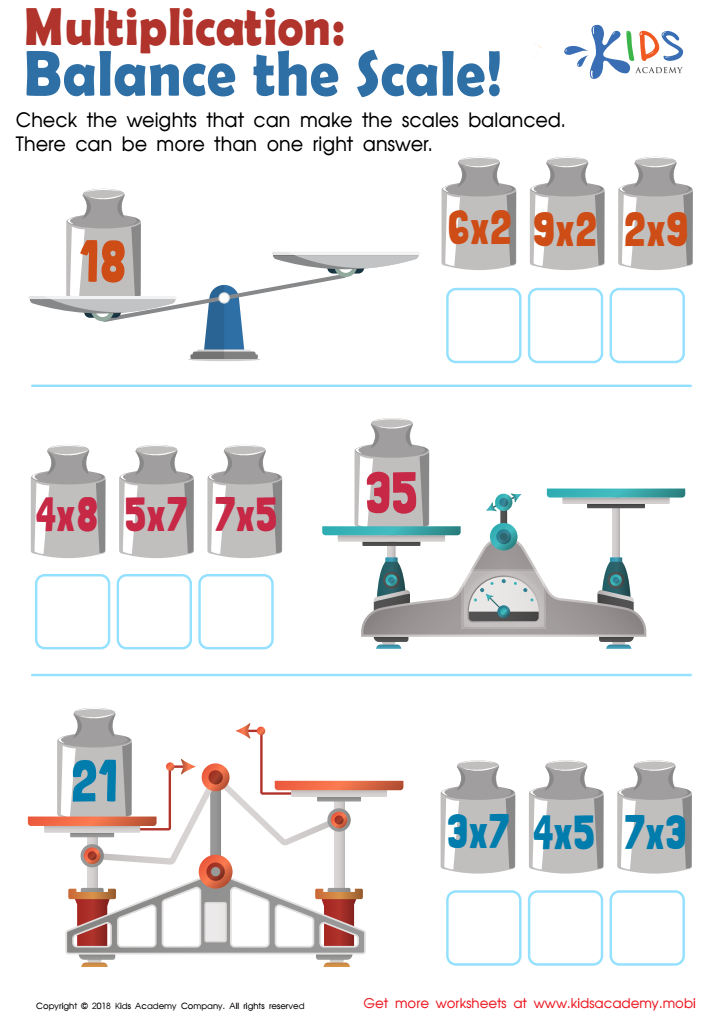

Balance the Scales Multiplication Worksheet


Sorting Animals in 3 Groups Worksheet


Enrichment -2 Step Word Problems Worksheet
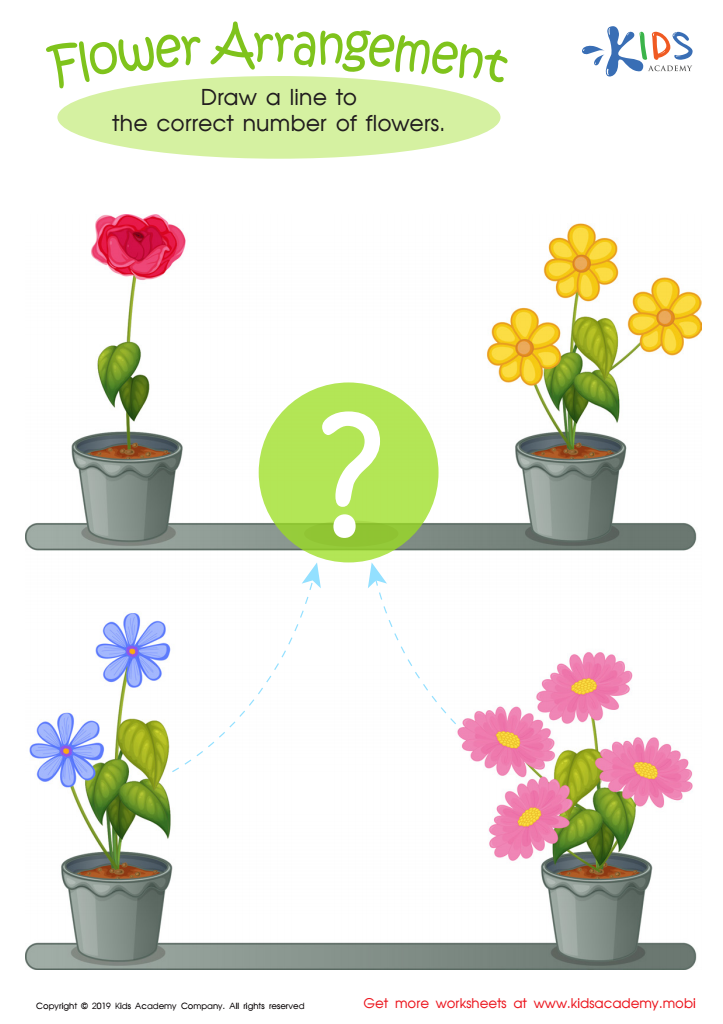

Flower Arrangement Worksheet
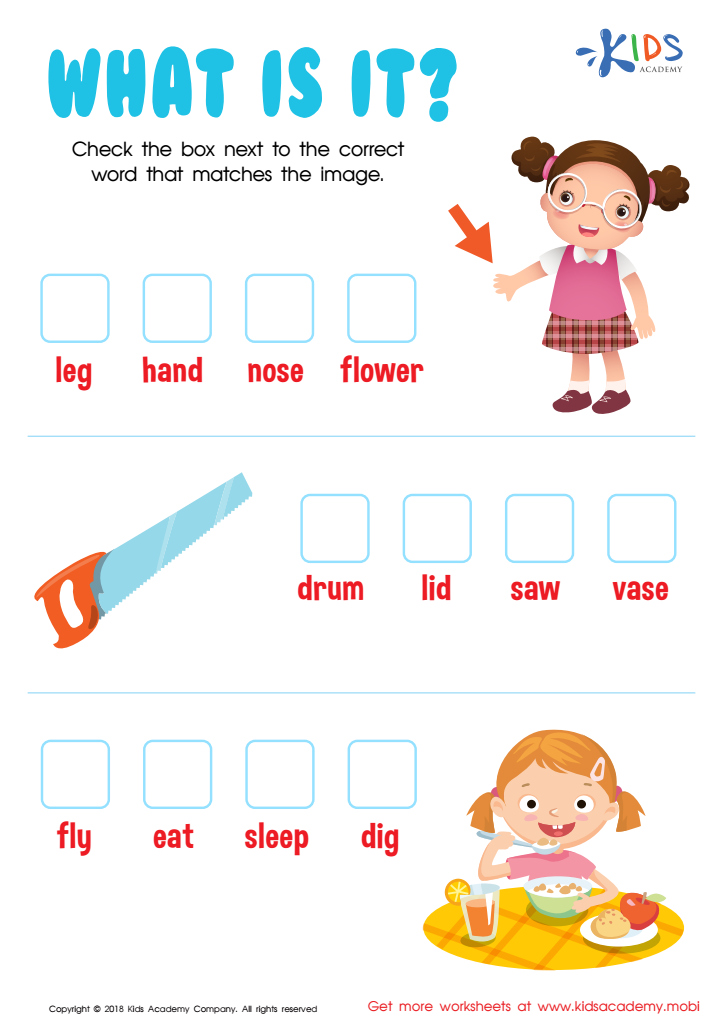

What Is It? Worksheet
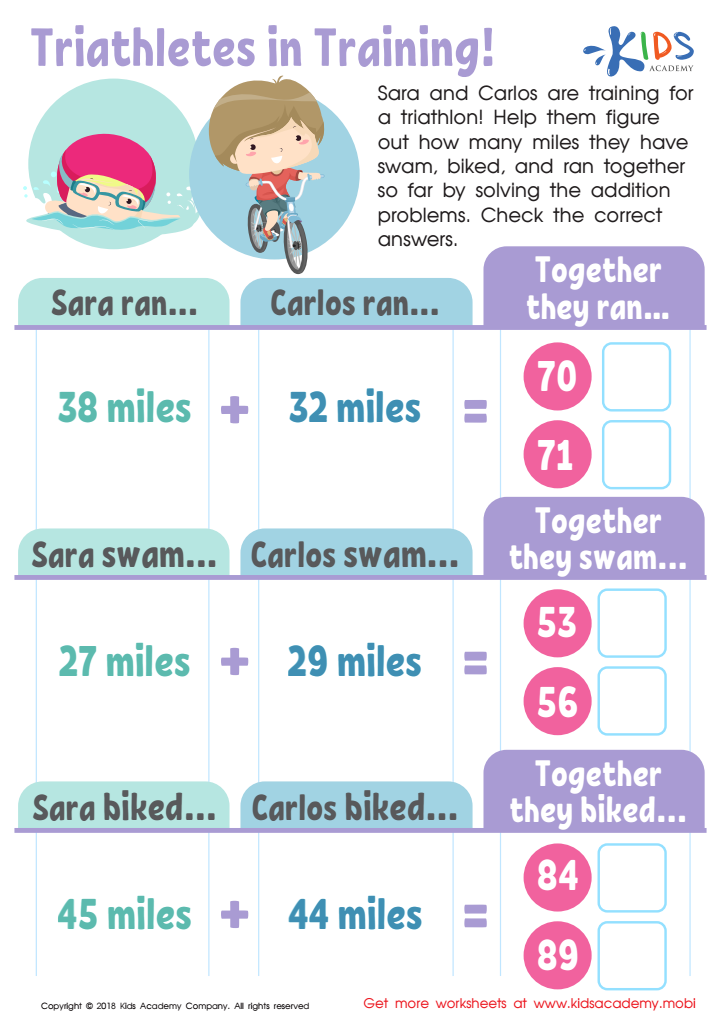

Triathletes in Training Worksheet
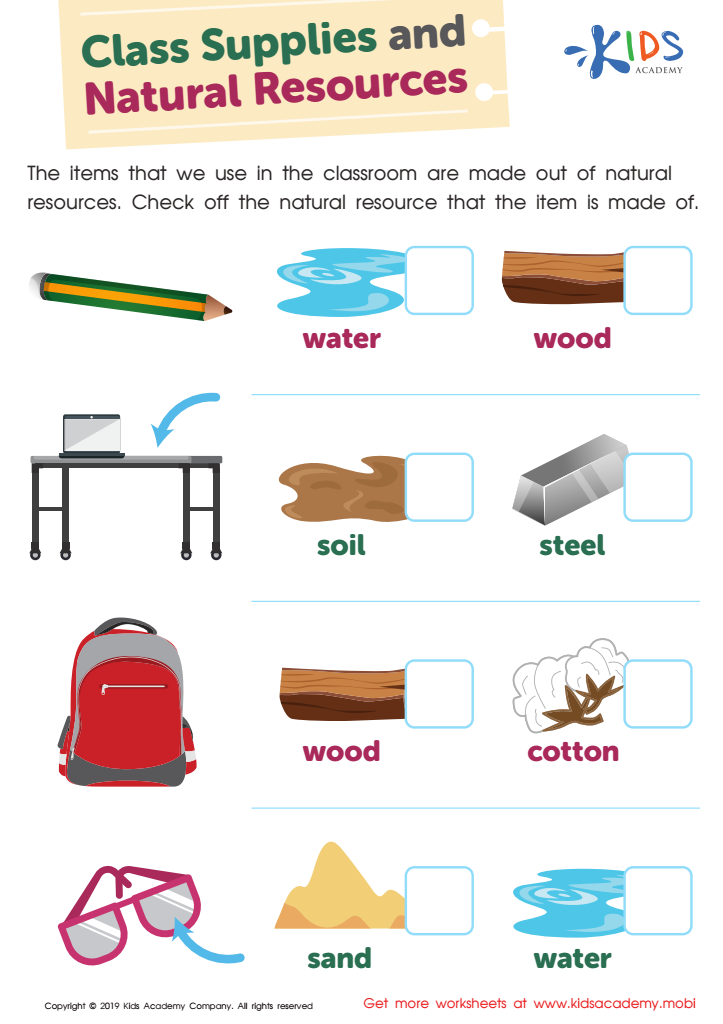

Class Supplies and Natural Resources Worksheet
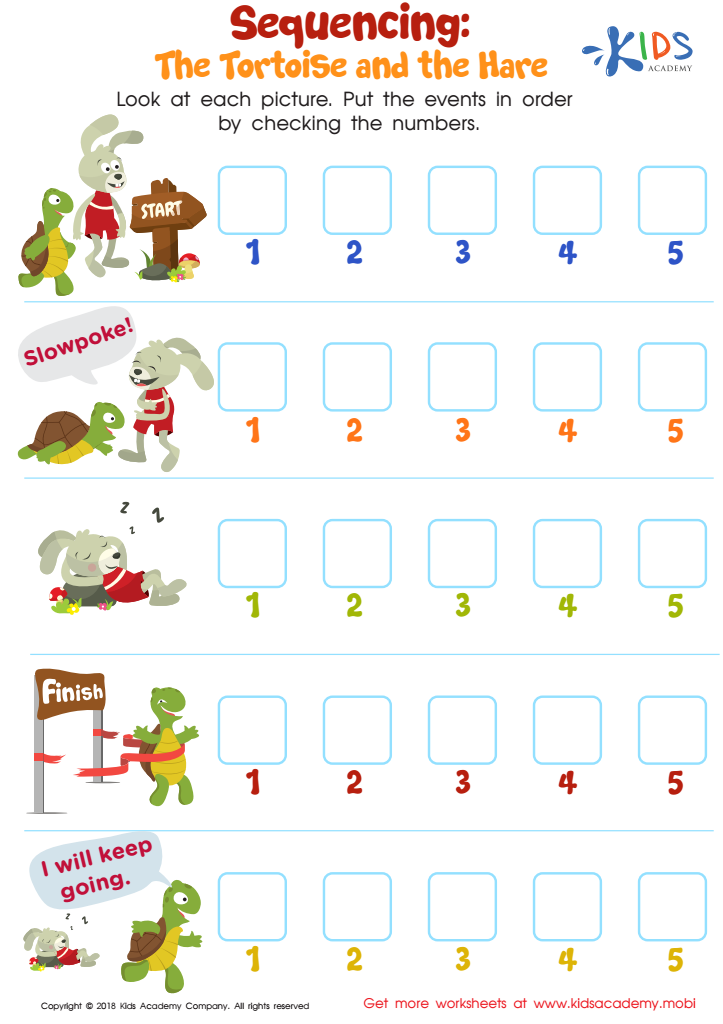

Sequencing: The Tortoise and the Hare Worksheet
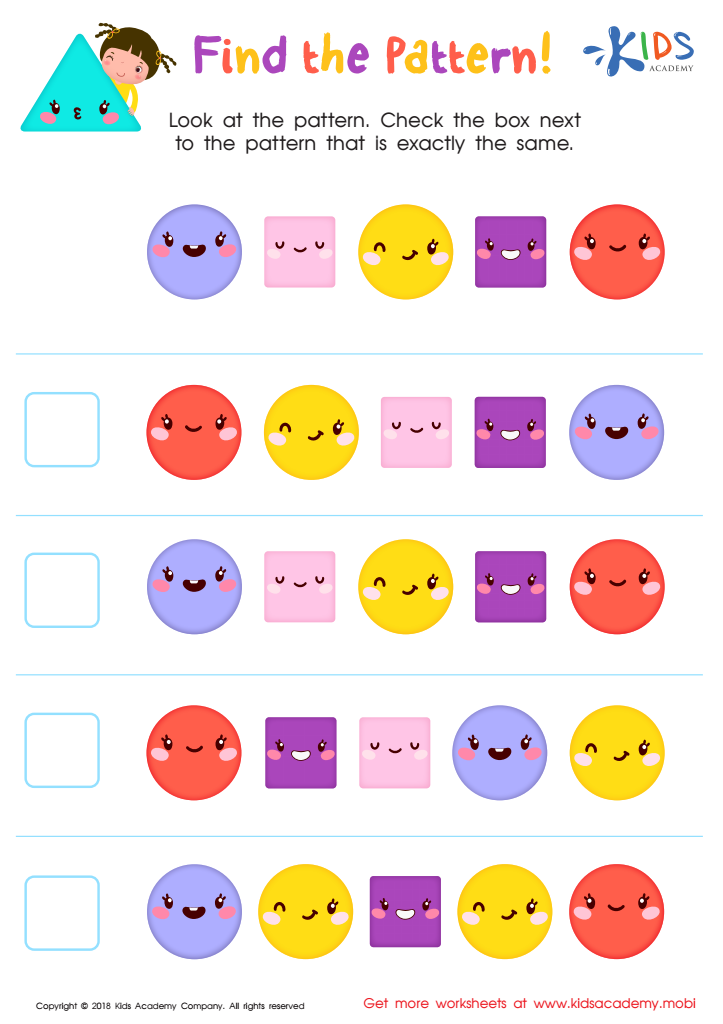

Find the Pattern Worksheet
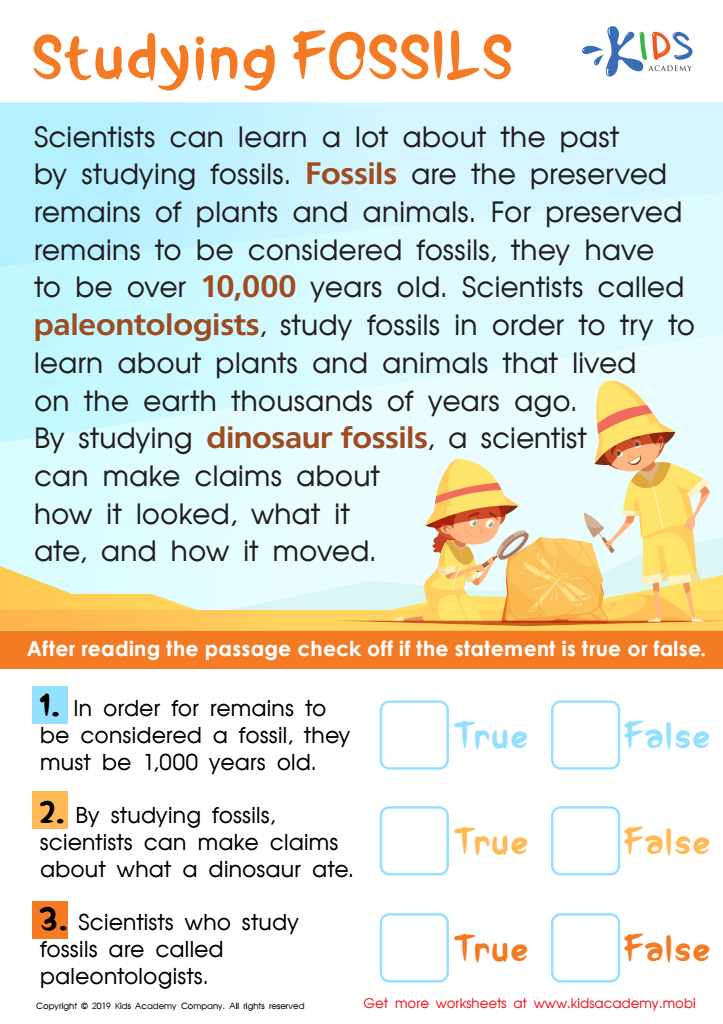

Studying Fossils Worksheet
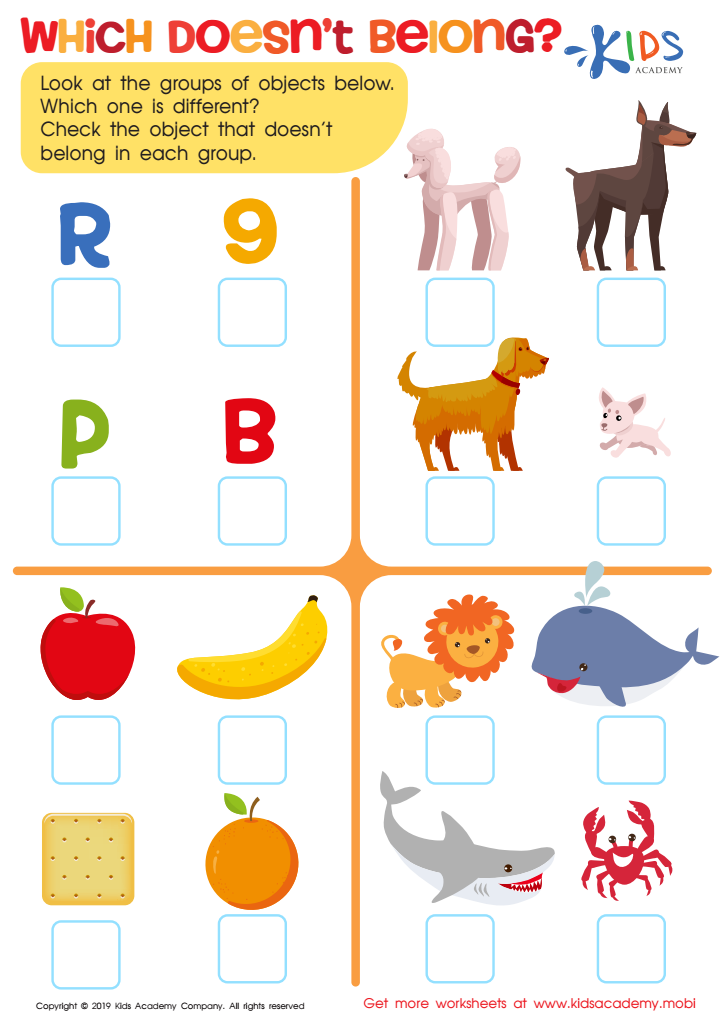

Which Doesn't Belong? Worksheet
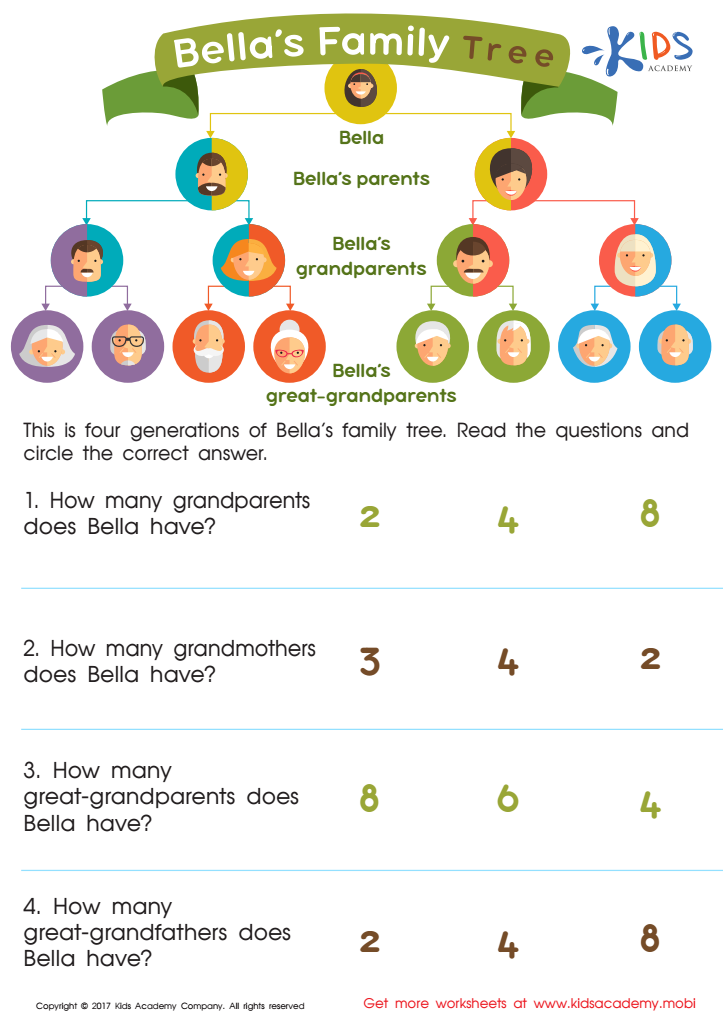

Bella's Family Tree Worksheet
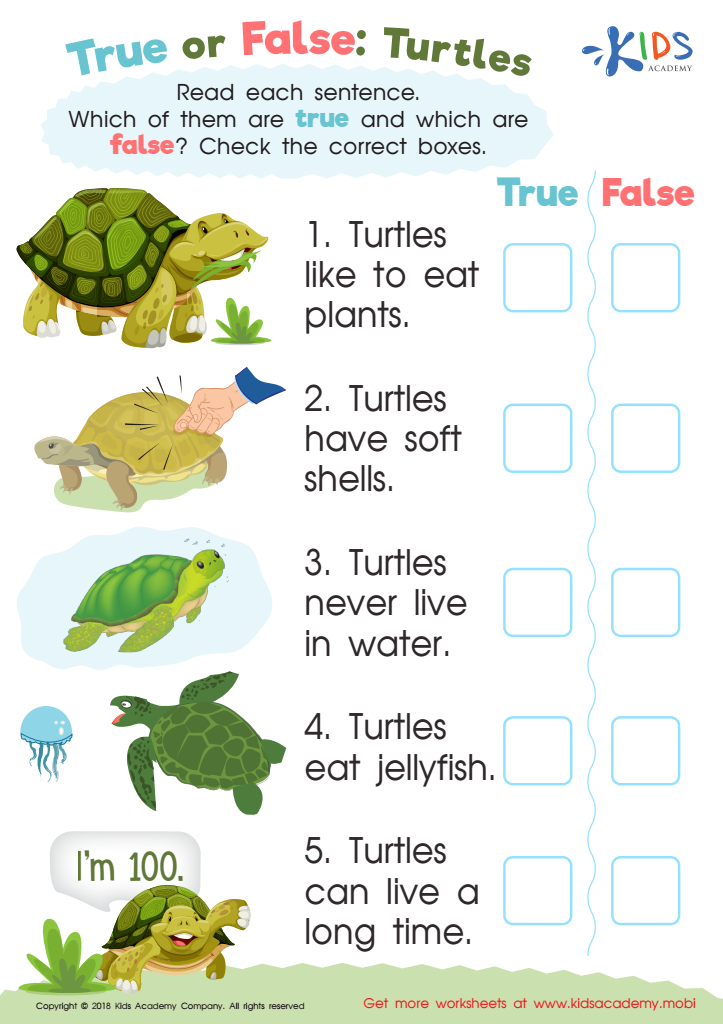

True or False: Turtles Worksheet
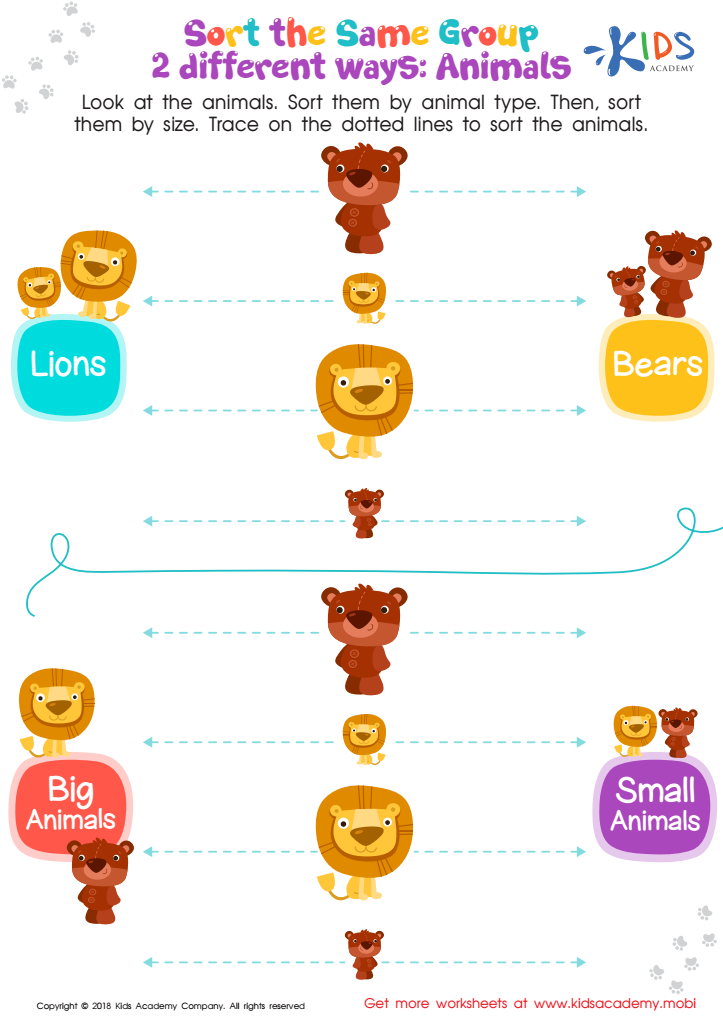

Sort the Same Group 2 Different Ways: Animals Worksheet
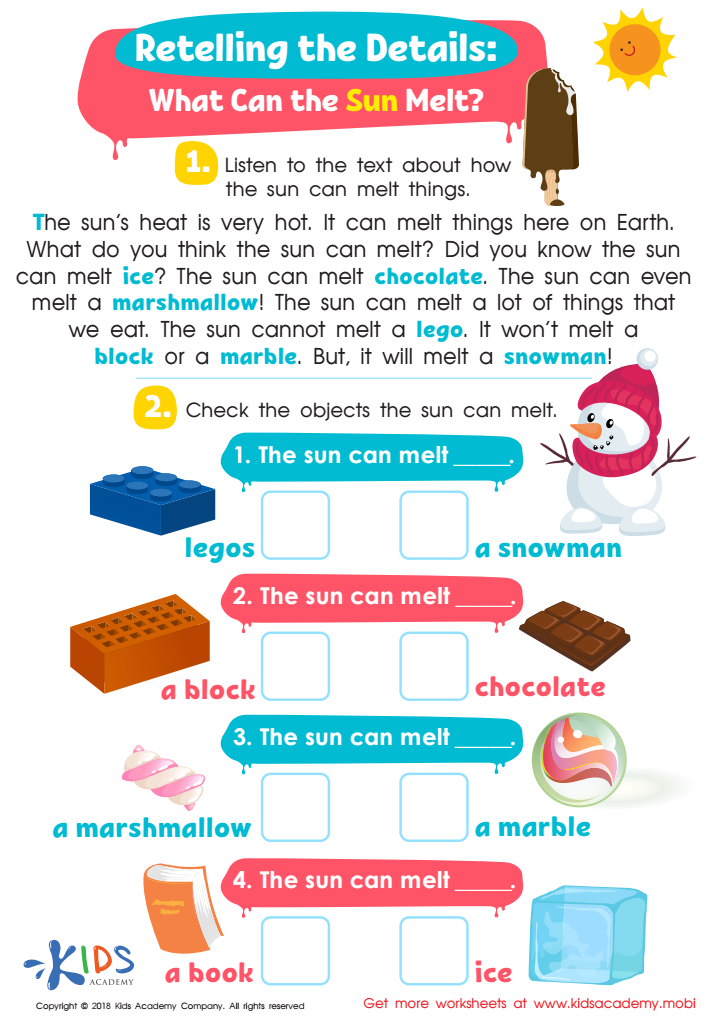

Retelling the Details: What Can the Sun Melt? Worksheet
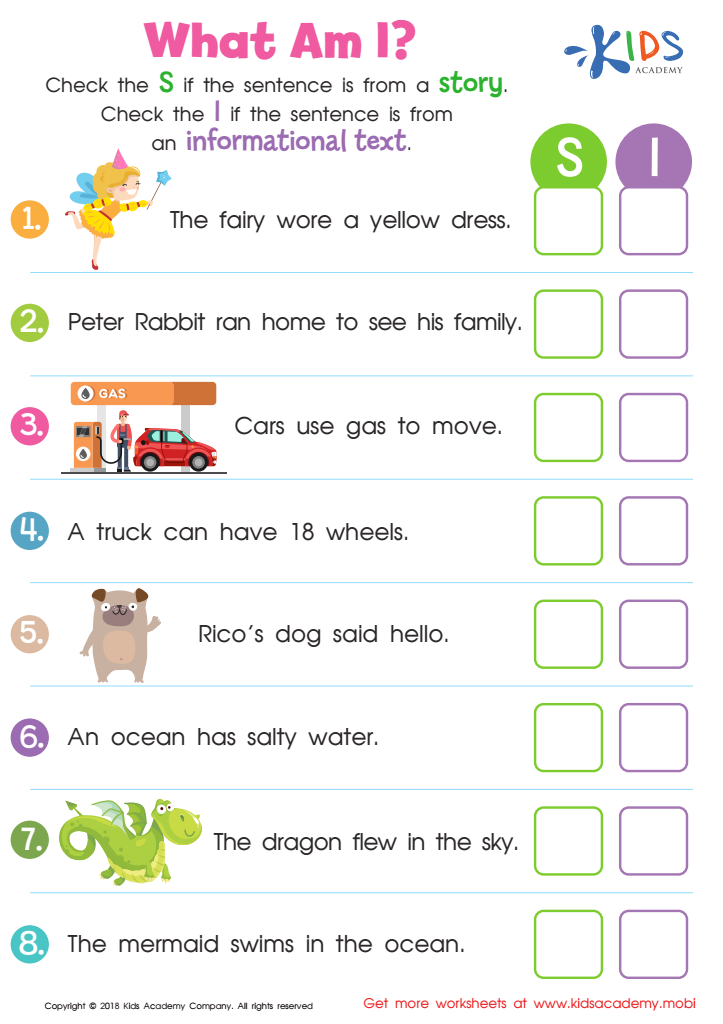

What Am I? Worksheet
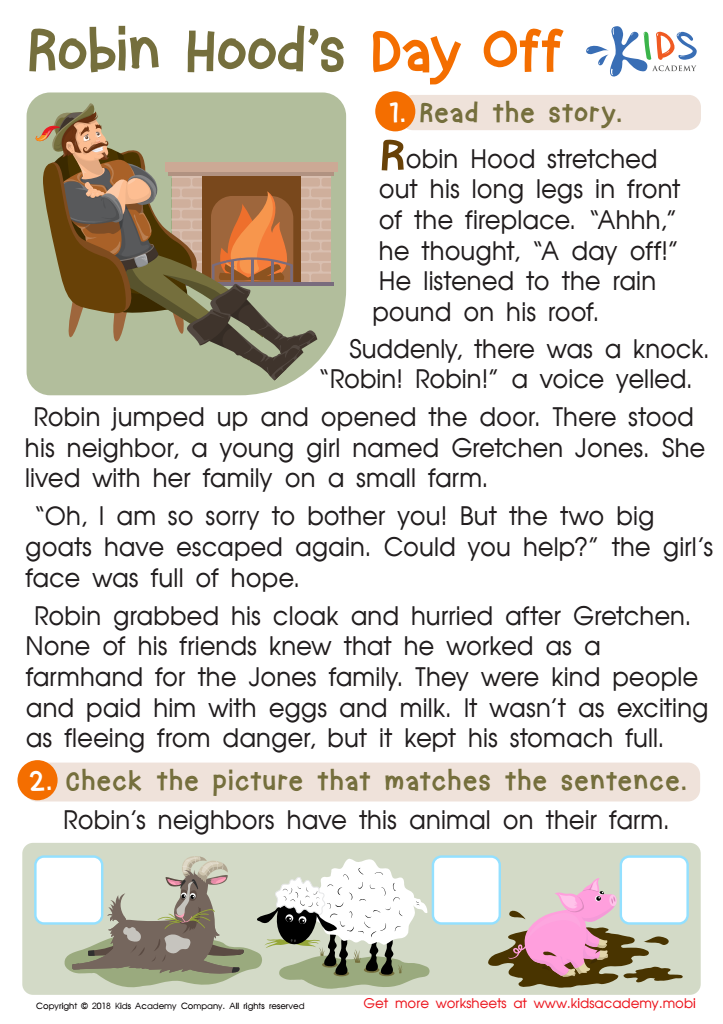

Robin Hood's Day Off Worksheet
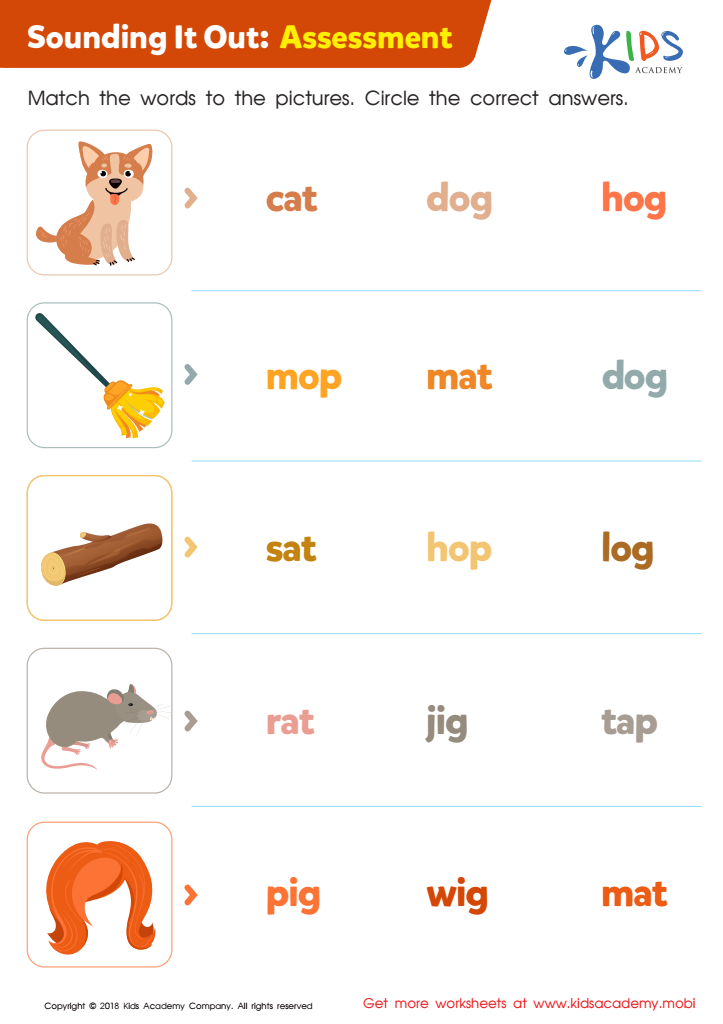

Sounding it Out: Assessment Worksheet
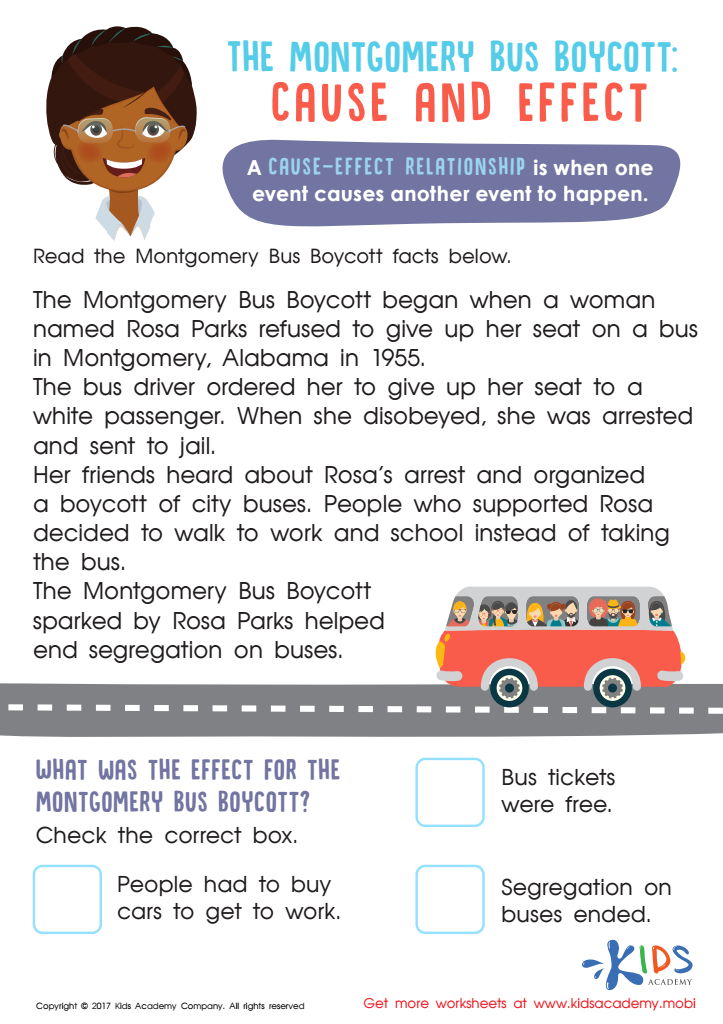

The Montgomery Bus Boycott Cause and Effect Worksheet
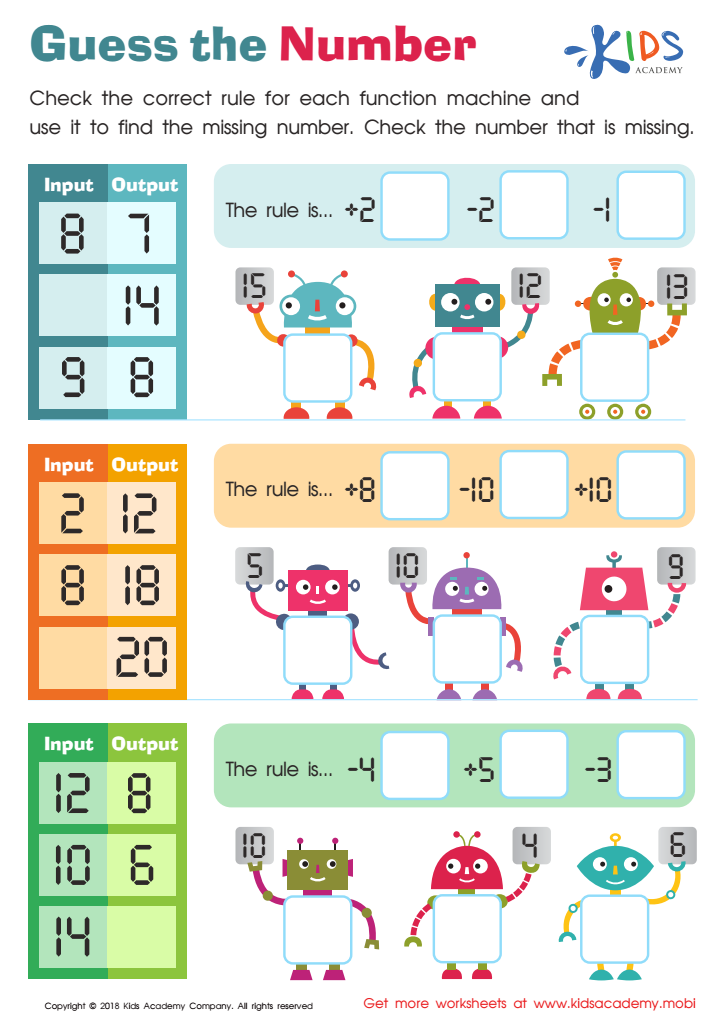

Guess the Number Worksheet


Solve the Problem: Trick–or–treating Worksheet
Parents and teachers should care about fostering logical reasoning skills in children aged 3-8 because these foundational cognitive abilities are vital for their overall development and future academic success. During early childhood, brains are highly malleable, making it the prime time for nurturing critical thinking and problem-solving skills.
Logical reasoning helps children understand and analyze patterns, relationships, and sequences, which are essential skills in subjects like mathematics and science. For instance, counting objects, recognizing shapes, and understanding cause-and-effect relationships all depend on logical reasoning. Additionally, children who develop strong reasoning skills can better follow instructions, make informed decisions, and troubleshoot effectively when faced with new challenges.
Importantly, these skills go beyond academic learning. Logical reasoning aids in social and emotional understanding as well. Children begin to recognize others' perspectives, predict outcomes of various actions, and manage conflicts more adeptly. This holistic development promotes better interpersonal interactions and emotional regulation.
By intentionally cultivating logical reasoning through play-based learning, puzzles, and interactive activities, parents and educators can provide children with the tools they need to navigate complex problems and understand the world around them, laying a solid foundation for future growth and lifelong learning.
 Assign to My Students
Assign to My Students
